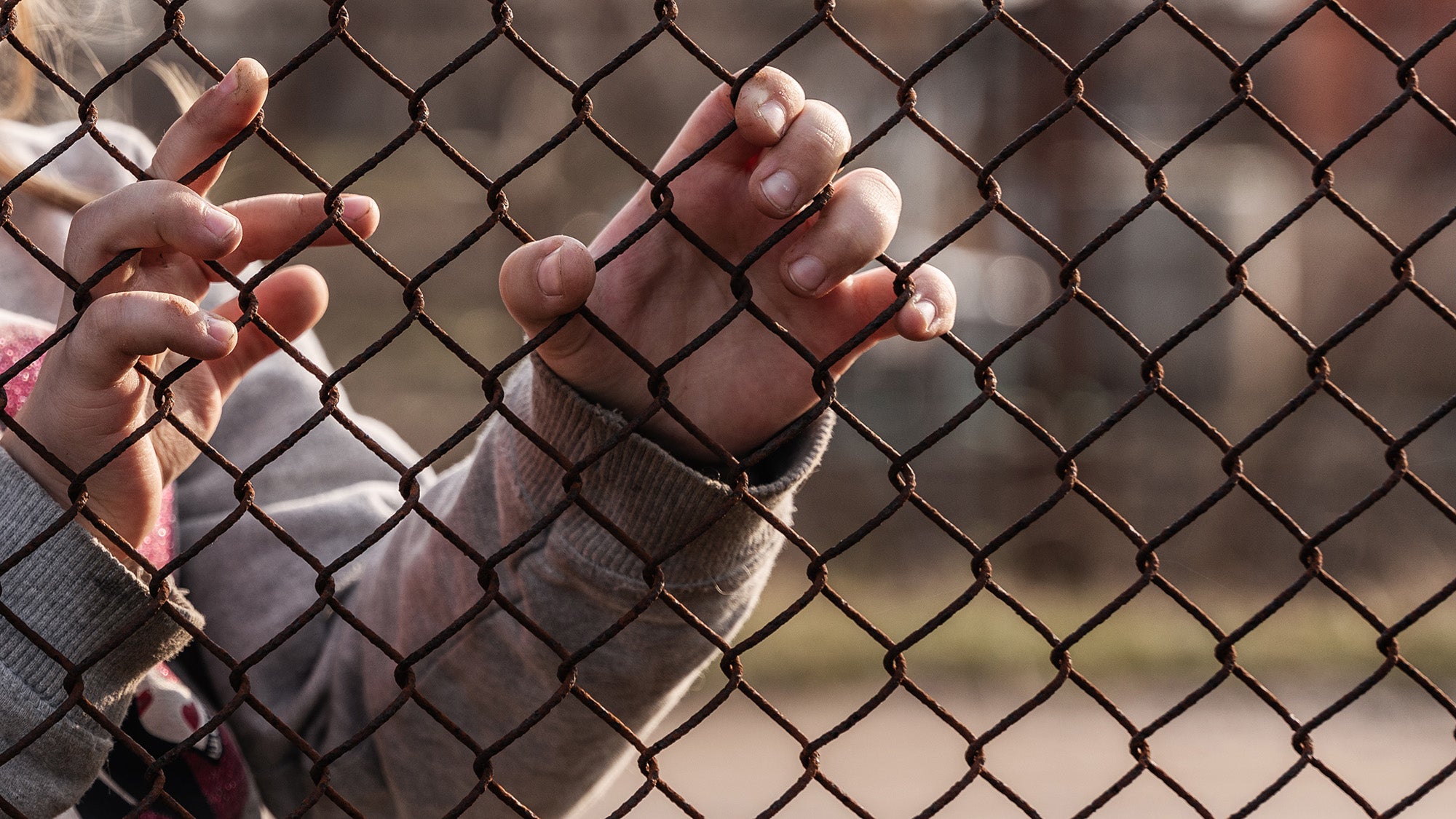Substantial racial stereotyping toward young children of color found among white adults who work with them

For immediate release: September 12, 2018
Boston, MA – New research from The Australian National University (ANU), Harvard T.H. Chan School of Public Health, and the University of Michigan has found that young children and youth of color in the U.S. face significant racial stereotyping from adults who work with them.
This national study analyzed for the first time stereotypes held by white adults who work or volunteer with children across the U.S., examining their reported attitudes toward adults, teenagers and children from a range of racial and ethnic backgrounds. This includes attitudes toward black and Hispanic/Latinx groups, but also toward those from Native American, Asian and Arab backgrounds.
The study was published online September 12, 2018 in PLOS One.
Lead author Naomi Priest, associate professor of the ANU Centre for Social Research & Methods, said the study found high levels of negative racial stereotyping toward non-whites of all ages among adults working or volunteering with children. Highest levels of negative attitudes were found toward blacks across all stereotypes measured (lazy, unintelligent, violent and having unhealthy habits), with Native American, and Hispanic/Latinx seen as similarly negative on several stereotypes. These were most pronounced toward adults, but seen even toward young children aged 0-8 years.
Black children were seen less negatively than black adults, but were seen more negatively than children from other racial groups except for Native American and Hispanic/Latinx
Young black children aged 0-8 years were almost three times more likely to be rated as being lazy than white adults, with Native American and Hispanic/Latinx young children also more likely to be considered lazy than white adults. Young black children were more than twice as likely to be rated as unintelligent or violence-prone compared with white children of the same age, with young Hispanic/Latinx children also seen as more unintelligent or violence prone than white children.
Some of the strongest levels of negative stereotyping reported by white adults working with children were reported toward teenagers, with black teenagers and Native Americans close to ten times more likely to be considered lazy than white adults. Black and Hispanic/Latinx teens were between one and a half to two times more likely to be considered violence-prone and unintelligent than white adults and white teens.
Priest said, “these findings are highly concerning given the strong scientific evidence that negative racial attitudes are associated with poorer quality care and services and with disparities in health, education and social outcomes. That these negative attitudes have been found toward even young children aged 0-8 among adults who work or volunteer with them has serious potential consequences for these children’s outcomes throughout life. Countering these negative stereotypes among adults who work with children, and protecting children from minority backgrounds from the potential impact of these attitudes, is an important strategy to address racial disparities.”
This analysis was conducted by Priest, an associate professor in the Centre for Social Research and Methods at Australian National University, during her time as a visiting scientist with co-author David Williams, Florence Sprague Norman and Laura Smart Norman Professor of Public Health at Harvard T.H. Chan School of Public Health, and uses national data collected by the University of Michigan’s National Voices project.
“This study is a wake-up call for every professional group who works with children in the U.S.—doctors, teachers, police, child care workers, and others,” Williams said. “It suggests that many professionals, with good intentions, may be treating America’s most valuable possession, our little children, badly without even being aware of it.”
Funding for this study came from the WK Kellogg Foundation, which provides funding to the National Voices Project as part of the America Healing initiative.
“Stereotyping across intersections of race and age: Racial stereotyping among White adults working with children,” Naomi Priest, Natalie Slopen, Susan Woolford, Jeny Tony Philip, Dianne Singer, Anna Daly Kauffman, Kathryn Mosely, Matthew Davis, Yusuf Ransome, David Williams, online September 12, 2018, PLOS One, doi: 10.1371/journal.pone.0201696
For more information:
Chris Sweeney
617-432-8416
csweeney@hsph.harvard.edu
or
Aaron Walker
+61 2 6125 7979
media@anu.edu.au
image: istock.com
###
Harvard T.H. Chan School of Public Health brings together dedicated experts from many disciplines to educate new generations of global health leaders and produce powerful ideas that improve the lives and health of people everywhere. As a community of leading scientists, educators, and students, we work together to take innovative ideas from the laboratory to people’s lives—not only making scientific breakthroughs, but also working to change individual behaviors, public policies, and health care practices. Each year, more than 400 faculty members at Harvard Chan School teach 1,000-plus full-time students from around the world and train thousands more through online and executive education courses. Founded in 1913 as the Harvard-MIT School of Health Officers, the School is recognized as America’s oldest professional training program in public health.


